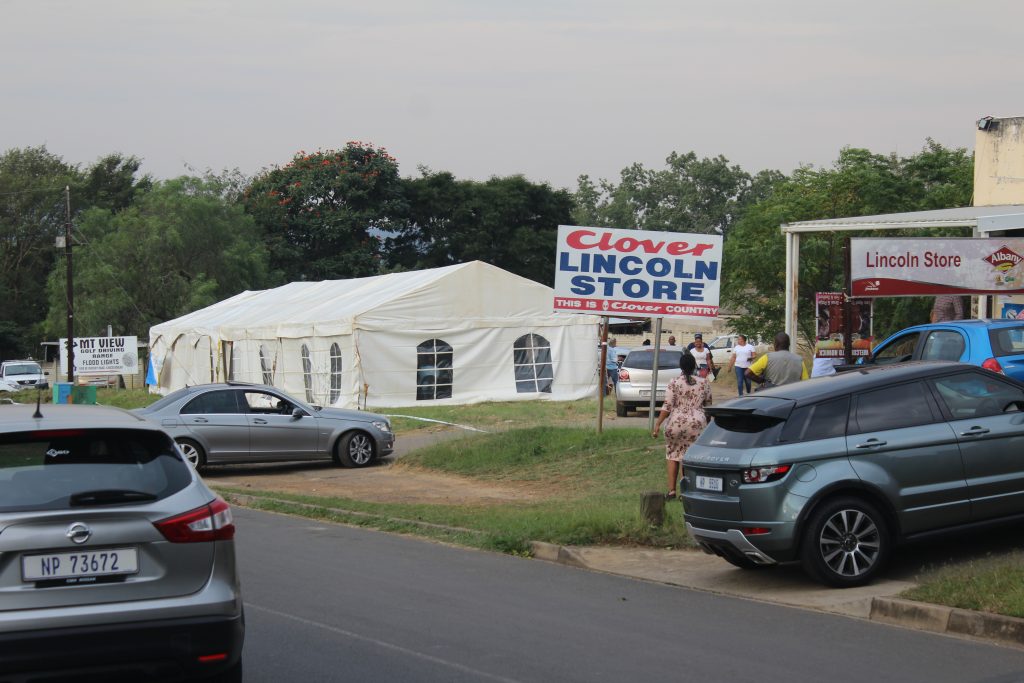
AT the time of the May 1987 South African general election, when the apartheid government was on its last legs, stickers were distributed reading ‘The trouble … is we don’t know which general we are electing’. I think it’s correct to attribute that witticism to Jon White, Pietermaritzburg journalist, lawyer and environmental activist who died a couple of months ago. (There was another joke about the ‘general erection’, but it’s best to leave that one in deserved obscurity.) Jon was referring to the fact that South Africa, despite a façade of whites-only democracy, was effectively governed by the uniforms and bureaucrats of the National Security Management System.

Much has changed in the ensuing thirty-odd years, but there remains a crucial and similar question: which ANC has just been elected? It has taken a knock to 58% (just a quarter of the potential electorate), as did the official opposition Democratic Alliance to 21%. The neo-fascist Economic Freedom Fighters predictably made the greatest gain up to 11%, but although they are the official opposition in three provinces nowhere did they gain enough traction to have a direct role in government. Two right-wing parties, the Inkatha Freedom Party and Freedom Front+ with strong ethnic and regional flavours, also made gains. Otherwise, from a ragbag of 43 other parties – breakaways old and new from bigger outfits, special interest groups and projects of pure personal ambition – nine received between 0.25% and 1.0% of the popular vote entitling them to at least one House of Assembly seat.( As a matter of interest, the venerable Pan Africanist Congress clung to its usual singular representation.)
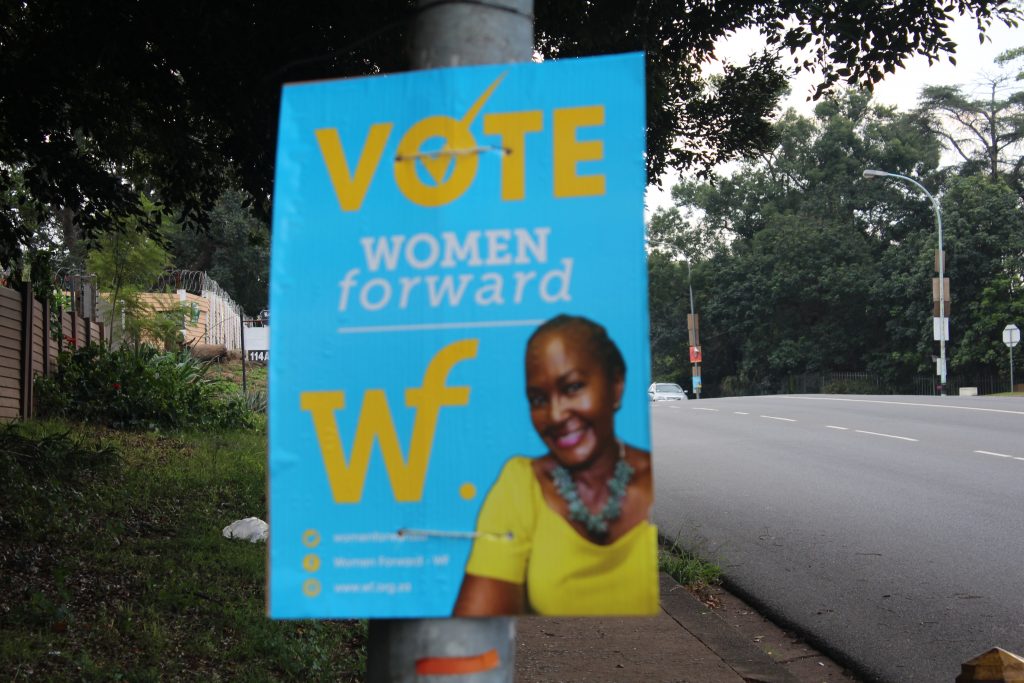
But the greatest decline was recorded by the turnout, a poor 66% of registered voters; a serious situation given that half of young people did not even bother to register. This aside, the general election was extraordinary for its ordinariness and much in line with pre-poll predictions. No South African election is entirely free and fair because of intimidation and no-go areas, but cries of foul about double voting and other irregularities from parties that fared particularly badly (somewhat generously described as the ‘coalition of the wounded’) can be taken with a barrel load of salt. Those who have been unfortunate enough to listen to the deranged comments of Mzwanele (Jimmy) Manyi and Hlaudi Motsoeneng will appreciate the point. The Independent Electoral Commission nevertheless sounded over-complacent and could do with a wake-up.
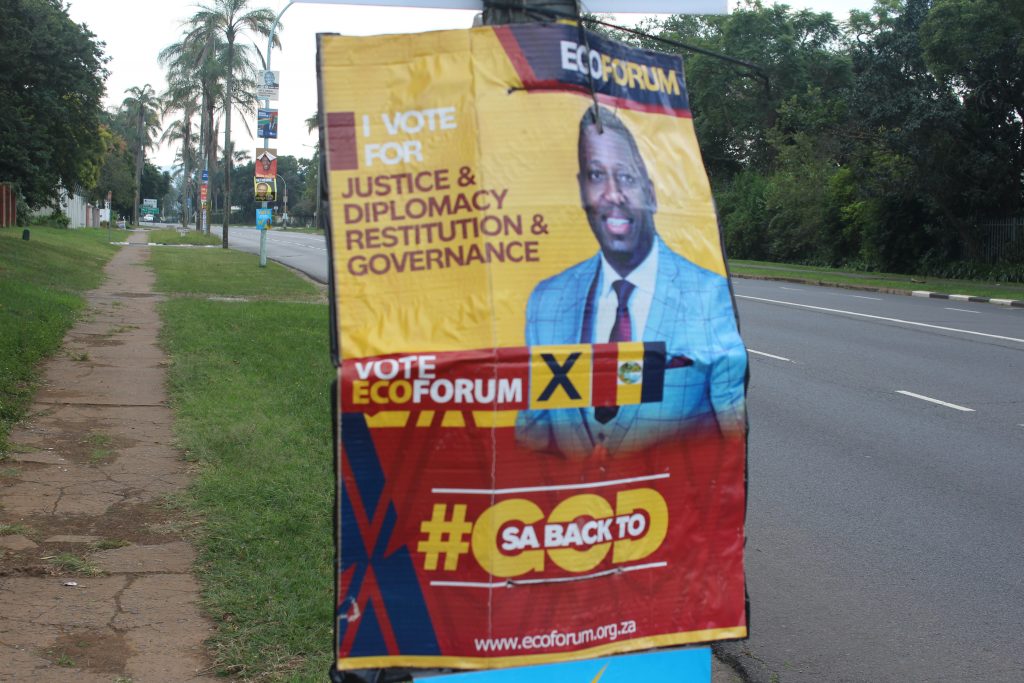
What is extraordinary is that given the revelations from a number of recent commissions of inquiry the ANC polled as high as 58%. It has never been a fully-fledged political party, but evolved from liberation movement to racketeering business while retaining an aura of former times. Power lies with bosses at branch level answerable to even bigger bosses in regions and provinces, a system of patronage that relies on influence, corruption, intimidation and, in some cases, assassination. This is tightly interwoven, in a fashion that would make Lenin proud, with positions in local and regional government, so the latter is a function not of service to the people but the factionalism of a political mafia. Party overlaps State and vice versa, so that the two become indistinguishable. This explains endemic service delivery protests and possibly plays some part in transport disruption: taxi violence, burning of trains in Cape Town, and attacks on trucks in KwaZulu-Natal.

Parallel capture at national level was fast tracked under the presidency of Jacob Zuma, a politician of noteworthy venality and corrupt instincts who hollowed out state institutions to a point of collapse to allow promotion of his and allied agendas and keep him and fellow perpetrators out of jail. There was no state-owned enterprise or government department that was not thoroughly undermined. In two noteworthy instances, the National Prosecuting Authority and the SA Revenue Service, there is hope that the rot has been halted and that they will work towards bringing to book those criminals fingered by the Zondo Commission of Inquiry into State Capture and other investigations. South Africa is fortunate that the judiciary and press were not sites of capture. Many thousands of votes will have been cast for the ANC in the hope that Cyril Ramaphosa with his reputed new broom (and in spite of his complicity during the Zuma presidency) can sweep his movement, and the State, clean.
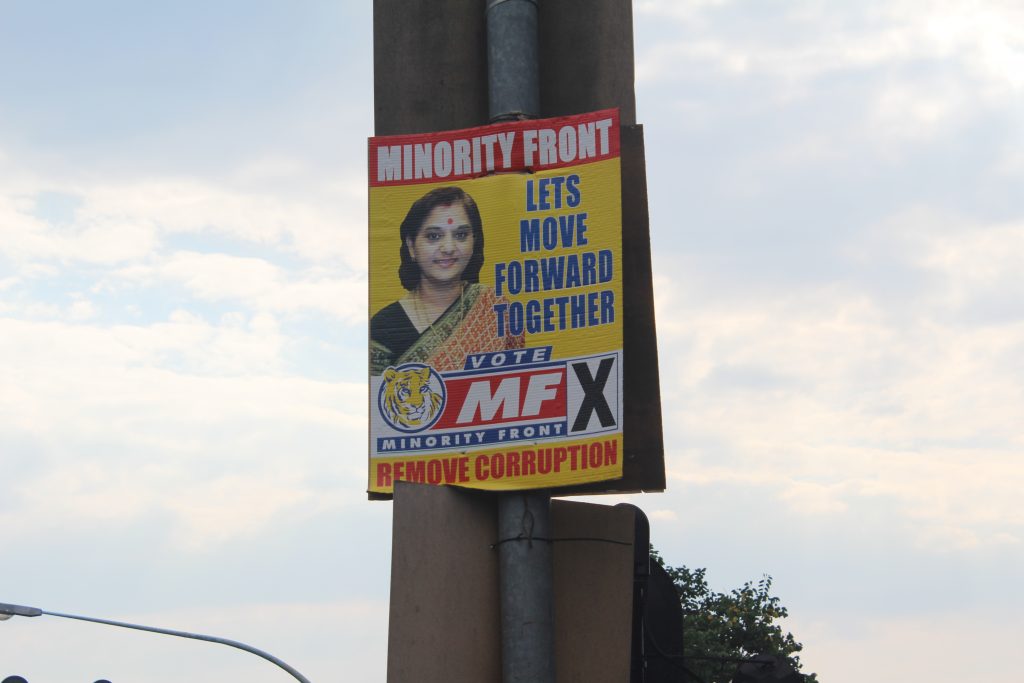
But is this the ANC that has been sent back to govern South Africa for a further five years? Its published list of candidates includes some well-known gangsters and highly corrupt individuals, liars and opportunists, as well as gross incompetents whose names are routinely linked to unsavoury news that should immediately have them drummed out of public life. Many of them are allies of Zuma whose graft and cynical operations brought South Africa near the edge during his disastrous presidency. There are rumours that this faction will unseat Ramaphosa, put one of their own in charge, and resume and intensify the state capture process. Informed observers regard this as unlikely. But nevertheless he is beholden to a party that is rotten to the core, in which corruption and looting are systemic. No one individual, nor even a group such as those ANC elders who survive from a more principled stance of the past, can tackle institutional capture of that complexity. The ANC is irredeemable, but clings on tenaciously because of its hold on the psyche of millions of black South Africans.
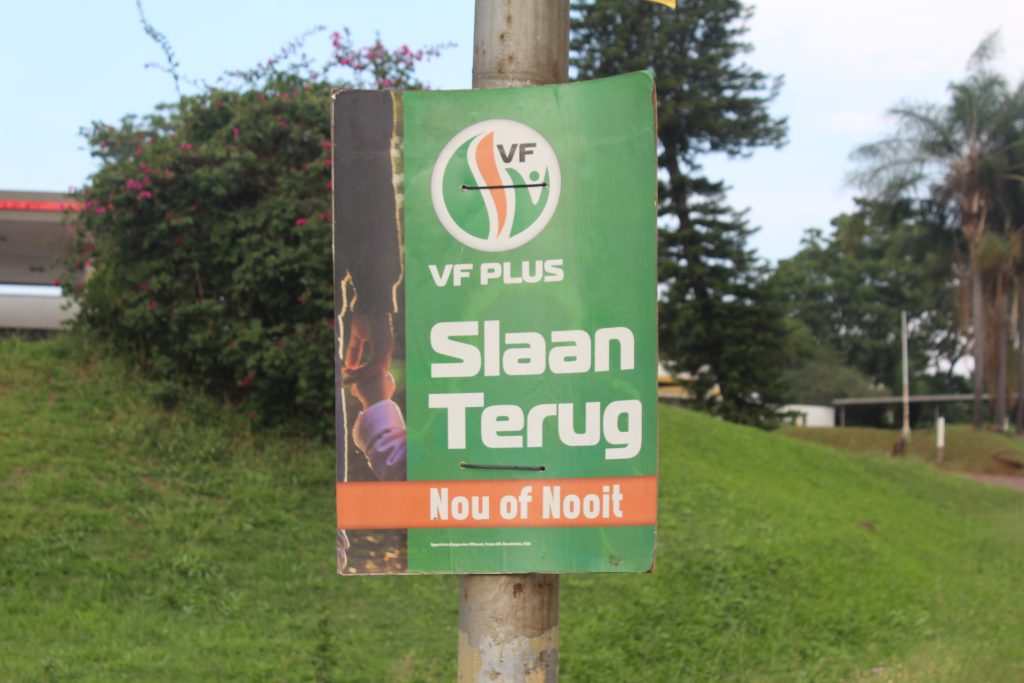
These election results could have been far worse, but it is likely that in retrospect they will simply be seen to have delayed the inevitable. Given the low turn out what is most urgent is reform of the electoral system. Party lists and pure proportional representation were the only possibility in 1994 and they do have some advantages. Small parties that exceed the 0.25% popular vote threshold, for example, are recognised and have sent significant figures to parliament such as Mosiuoa Lekota, Bantu Holomisa, and presumably now Patricia de Lille. By way of contrast the majority of members are little different from a flock of sheep and simply do as they are told. And no member of the public has any say regarding who gets to parliament. It was a highly newsworthy matter some years back when two ANC members, one of them Ben Turok, abstained on a parliamentary vote. However, while what happens on the floor of the House is largely grandstanding irrelevance, the work of portfolio committees has often been courageous and highly significant.

In 2003 Frederik van Zyl Slabbert concluded a commission of inquiry into electoral reform that recommended a constituency-based system augmented by an element of proportional representation, something similar to the municipal election arrangement. This would introduce the novel idea in post-apartheid South Africa of individual politicians being answerable to an extent to sections of the electorate. It is unlikely that any political party would support such reform: the present system suits them only too well.

The other reform required is one of attitude. As the same Ben Turok once observed, eligibility for public service transcends the issue of a criminal record. The burden of proof is low when applied to suitability for political office but the popular mantra is that ‘everyone is innocence until proved guilty’. No wonder that it is used so often when large numbers of ANC big (and small) shots should be behind bars. For instance, long-term press coverage and a recent biography should render Ace Magashule out of contention for any role involving public expenditure. He does not have to be found legally guilty of anything to prove that case. That, however, is not the South African way. But until it changes there is little hope for good governance. The complexion of Ramaphosa’s Cabinet announced in two weeks’ time may give us some early clues.
The photograph at the head of this piece was one of four. When the fourth, a general shot of voters coming and going from the polling station, was taken the photographer was harassed by two men in ANC regalia and pictures were taken of his car. They could also be seen complaining to the police. who understandably did nothing. A sign of the times?